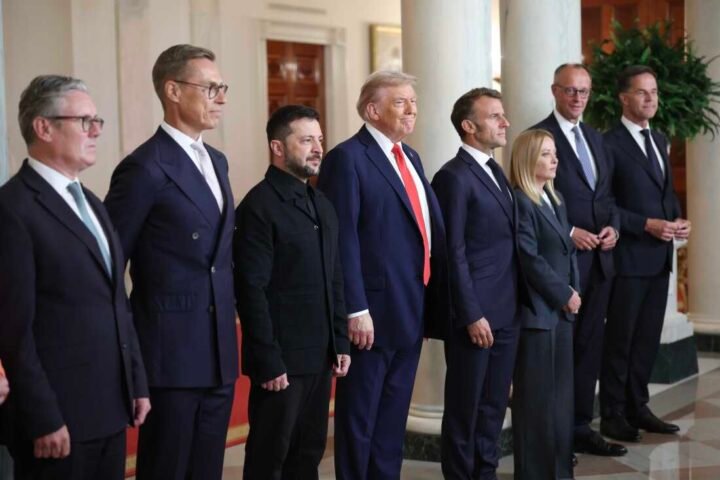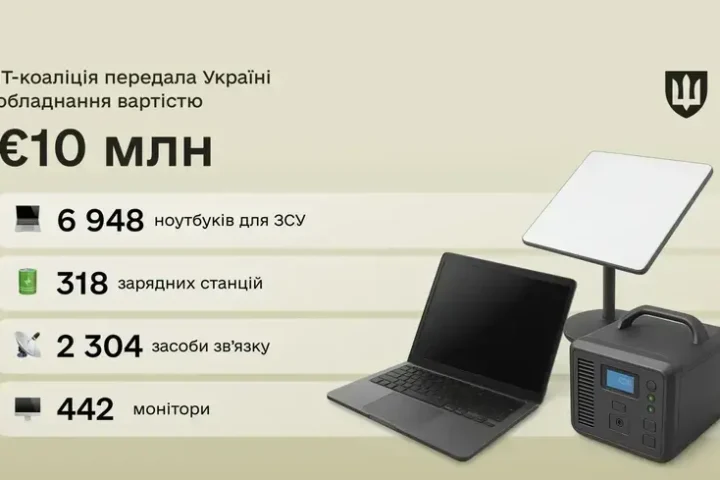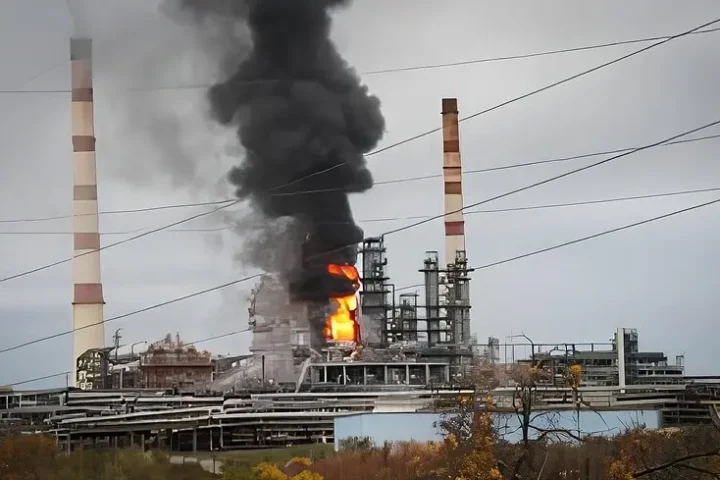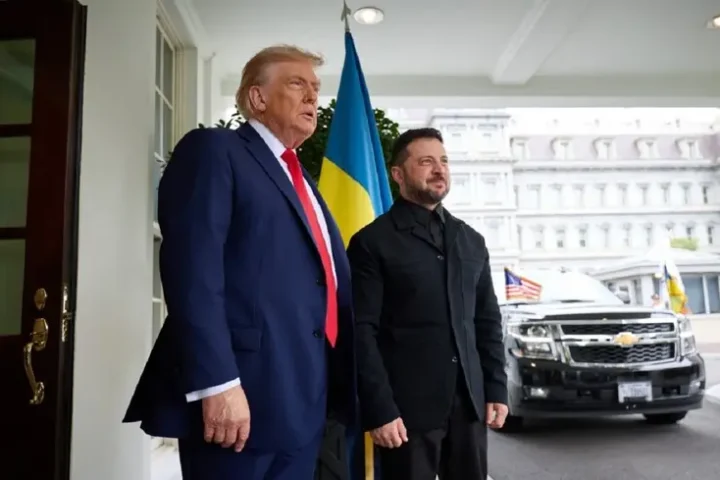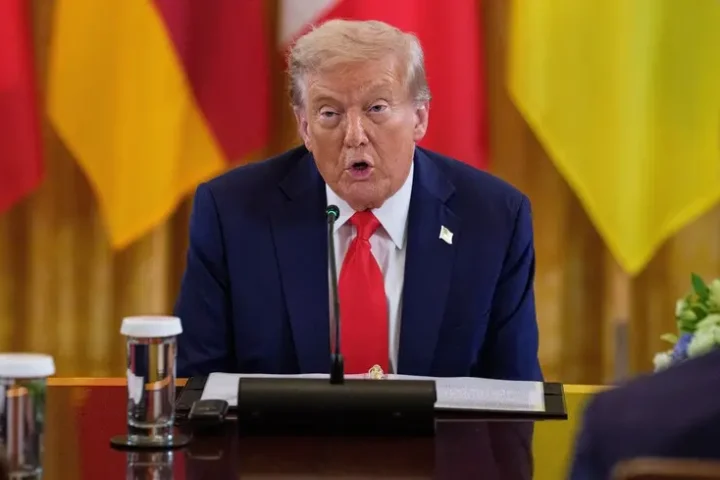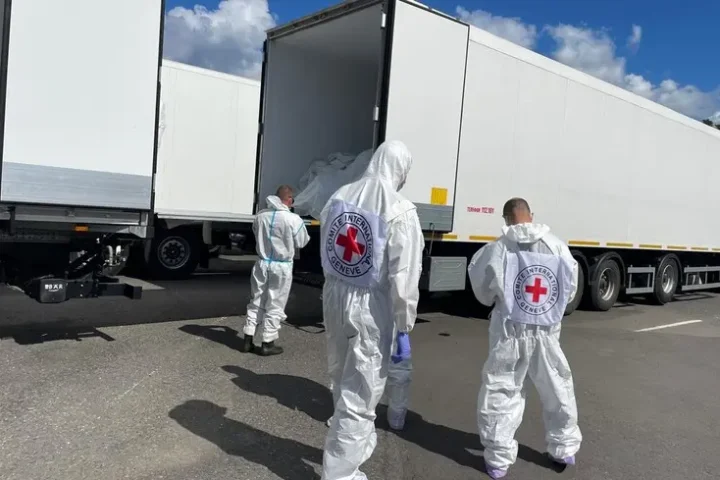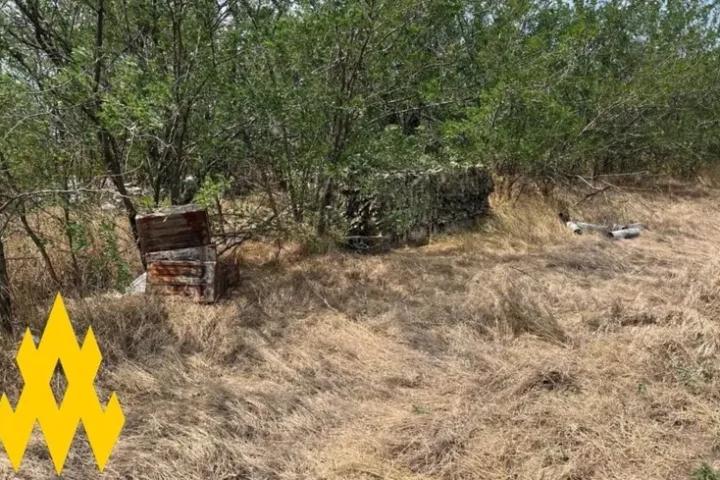As the war in Ukraine rages on, the battlefield remains engulfed in smoke, with artillery echoing through the day. Meanwhile, diplomatic efforts are once again at a stalemate. A highly anticipated peace meeting in Istanbul on June 2—intended to bring together representatives from Ukraine, Russia, and key Western powers—is now hanging by a thread. The reason? Ukraine demands written commitments; Russia offers only silence.
No Trust Without Paper: Kyiv Stands Firm
Ukraine’s message is clear: no trust without documentation. If Russia is serious about a ceasefire, it must commit in writing. According to Andriy Yermak, head of Ukraine’s Presidential Office, Moscow continues to dodge real negotiations, offering little more than what Kyiv sees as “dialogue for the sake of dialogue.”
Ukraine has already submitted a draft memorandum outlining specific commitments: a comprehensive ceasefire on land, air, and sea, and mechanisms for international monitoring. Far from an ultimatum, this is standard diplomatic protocolin a conflict where past agreements with Russia have repeatedly been broken. Trust, Ukraine argues, must be earned through clear, binding obligations.
Russia Plays for Time: Delay Equals Denial
Moscow, true to form, suggests discussing terms “on-site” during the talks—a tactic to control the narrative at the last minute. The Kremlin refuses to share its own conditions in advance, signaling a familiar playbook: draw out the process, freeze the current frontlines, and shift from open war to a de facto frozen conflict.
This strategy benefits Russia—but poses an existential threat to Ukraine. It’s not about compromise; it’s about survival.
Talks Without Results Lead to a Deadly Deadlock
That’s why Kyiv insists on setting the terms before any dialogue begins. Ukraine has paid too high a price for the illusion of diplomacy. Peace is not surrender. It does not mean handing over territories or silently accepting Russian control of Crimea or Donbas.
Ukraine’s core demands are straightforward and non-negotiable:
- Complete withdrawal of Russian forces from occupied territories
- Recognition of Ukraine’s internationally recognized borders
- Binding security guarantees, including from NATO and the EU
The West Walks a Tightrope Between Diplomacy and Realism
The United States, UK, France, and Germany remain involved, trying to keep talks alive while testing the sincerity of Moscow’s intentions. Turkey has proposed a high-stakes summit between Zelensky, Putin, and possibly Donald Trump, if he wins re-election. But Kyiv knows: without firm Western alignment, the world risks repeating the appeasement mistakes of the past.
While Turkey maintains an air of optimism, European leaders are more cautious. They understand the dangers of forcing talks where one party is still carrying a dagger behind its back.
What Will June 2 Bring: A Step Toward Peace or Just Another Kremlin Show?
The upcoming Istanbul summit is more than just a meeting—it’s a litmus test for global diplomacy and Ukraine’s diplomatic strength. Kyiv comes to the table with moral authority, international support, and an unyielding stance. It’s not just defending its land—it’s shaping the future rules of peace.
If Russia wants peace, it must sign what it claims to support. Anything less is just another smokescreen.
Ukraine is not negotiating from a place of weakness. It is defending a principle: peace through justice, not through concessions to aggression.

